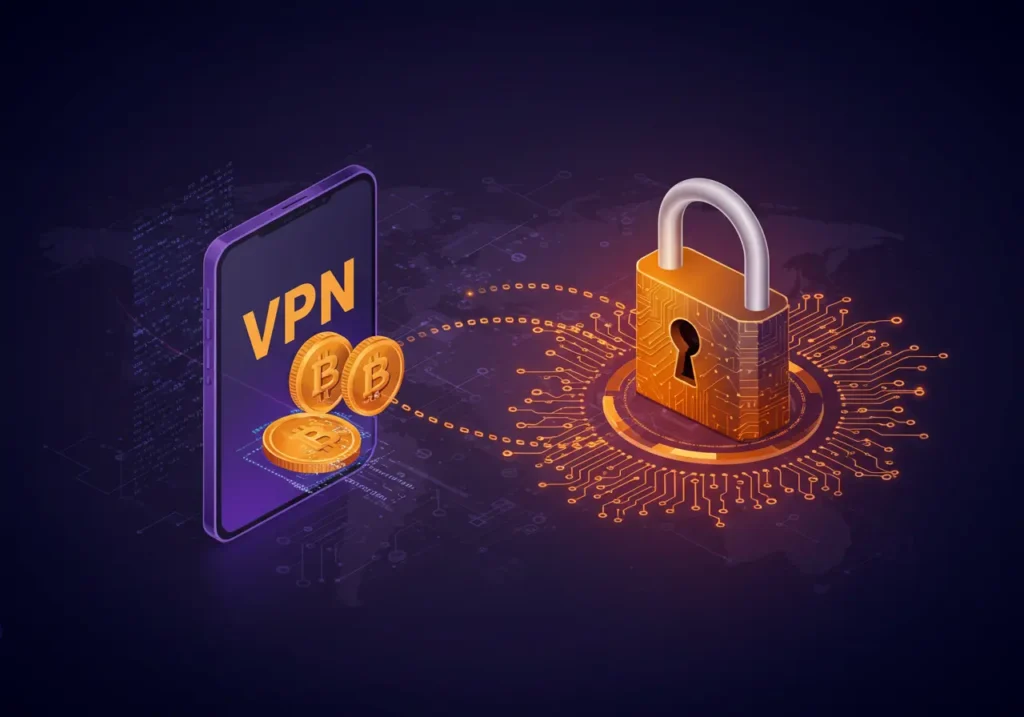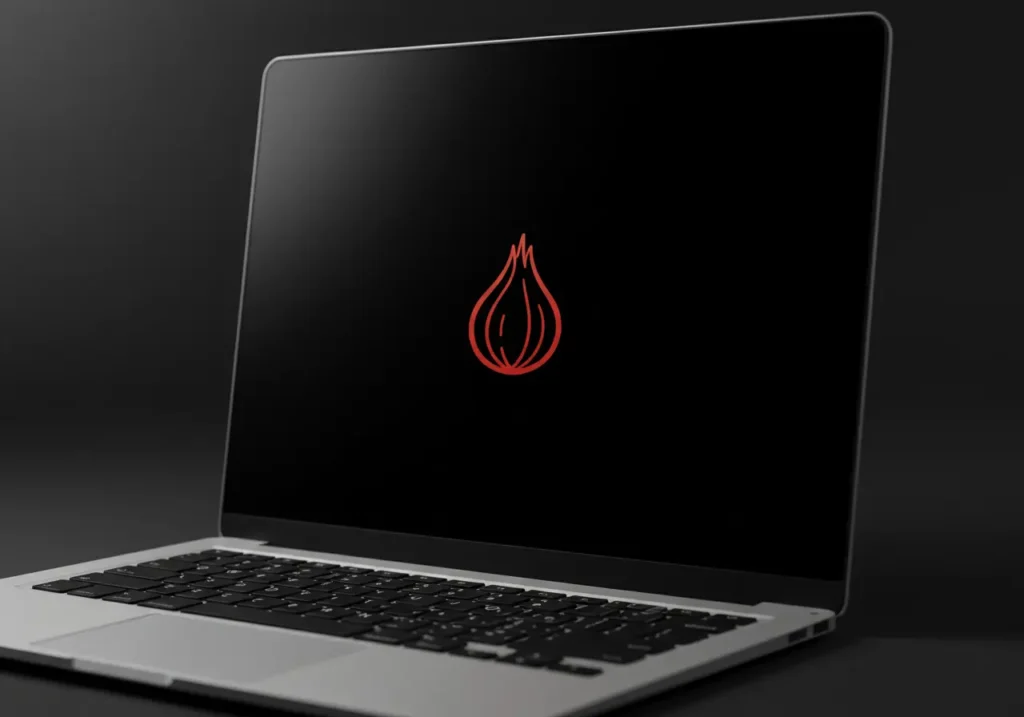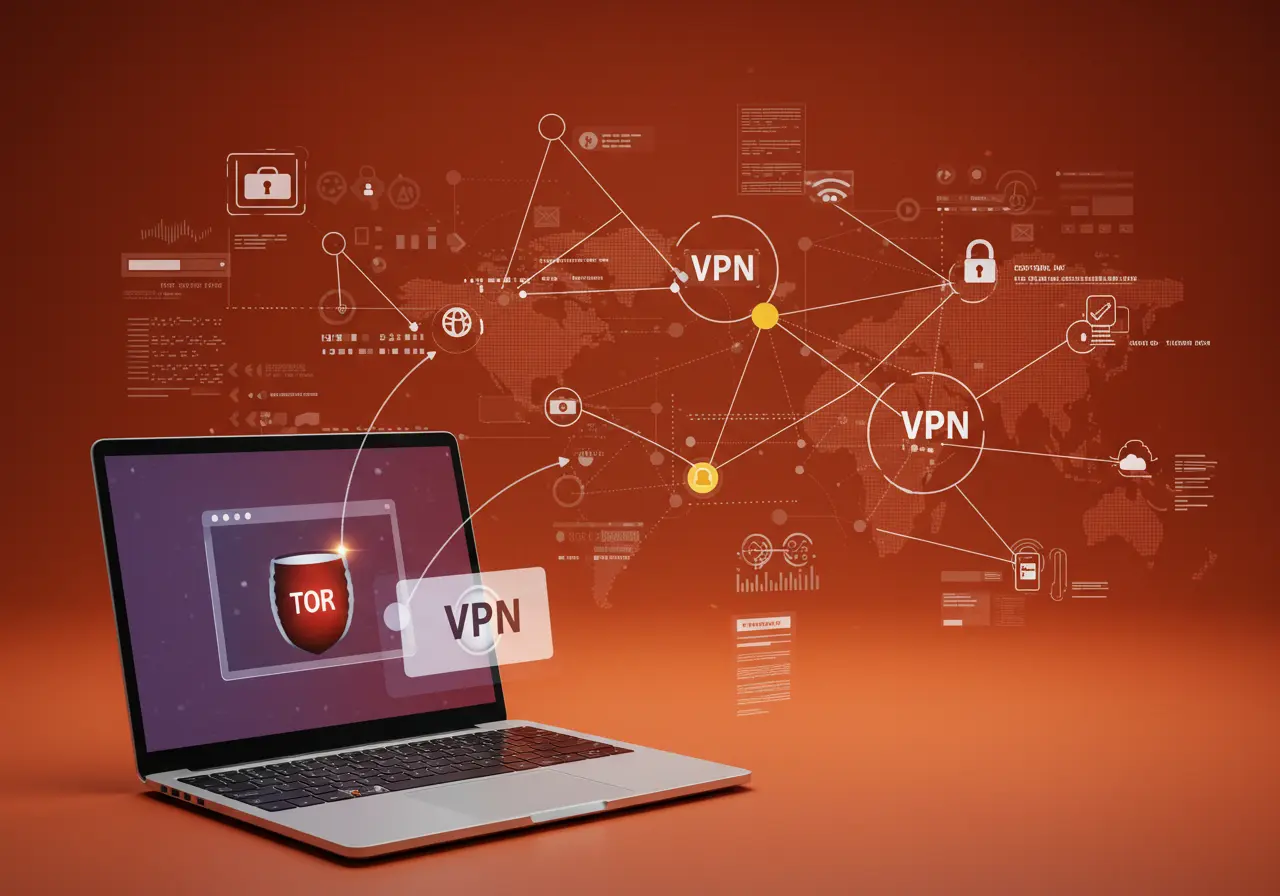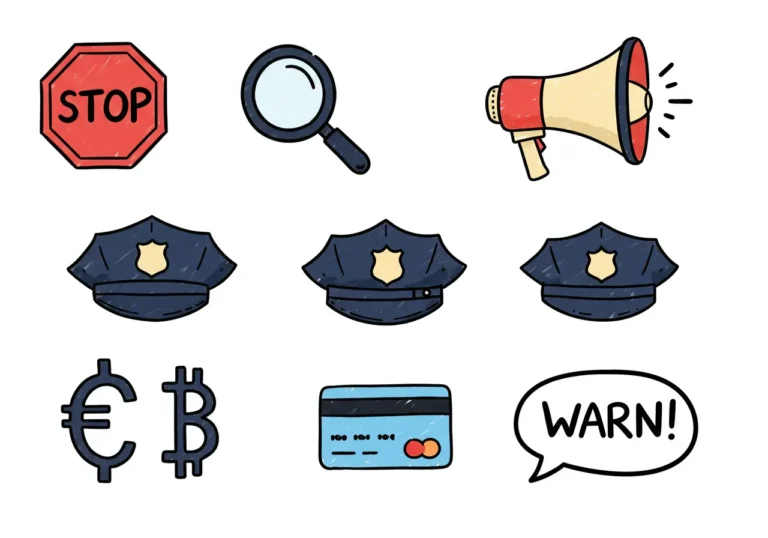Tor & VPN for Crypto: Boost Your Transaction Privacy

How I Got Hooked on Staying Private
Picture this: I’m sitting at home, excited to buy my first bit of crypto, but I keep thinking, “What if someone’s watching?” I didn’t know much back then, but I learned fast that tools like Tor and VPNs can keep your online moves under wraps. And trust me, once you get the hang of them, it’s no big deal to use them for your crypto stuff.
What’s This Tor Thing?
Okay, imagine you’re passing a note to a buddy. Instead of handing it straight to them, you give it to a friend, who gives it to another friend, who finally gets it to your buddy. By the time it arrives, nobody knows it started with you. That’s Tor in a nutshell. It bounces your internet connection all over the place—through different computers worldwide—so your real location stays a secret.
For crypto, that’s huge. Sure, your transactions show up on the blockchain (that’s just how it works), but Tor makes it tough for anyone to tie them back to you. Pretty slick, right?
And What About a VPN?
A VPN—Virtual Private Network, if you’re curious—is more like a secret tunnel. You flip it on, and everything you do online gets scrambled up. It’s like locking your internet in a box where only you’ve got the key. No one can peek in—not even if you’re on sketchy coffee shop Wi-Fi.
When you’re buying or selling crypto, a VPN keeps it all hush-hush. No prying eyes seeing what you’re up to. I use it all the time now—makes me feel a lot safer.
Tor or VPN—Which One’s for You?
So, which should you pick? Well, it depends.
- Tor is free, and it hides you like nobody’s business. Downside? It’s slow as molasses sometimes because of all that bouncing around.
- A VPN is quicker and dead simple to use. You might have to shell out a few bucks, but it’s worth it if you want speed.
Here’s a trick some folks use: they pair them up! Start with a VPN, then layer Tor on top. It’s like double-locking your door—just in case.
Getting Started with Tor IF YOU WANT TO KEEP YOUR CRYPTO SUPER PRIVATE
Using Tor is no sweat. You just grab the Tor browser—it’s free, looks like any browser you’ve used. Fire it up, and you’re good to hit crypto sites or check your wallet. It hides where you’re at and scrambles your tracks.
One catch, though—some crypto places don’t like Tor and might block you. Annoying, but it happens. If that’s the case, just switch to a VPN.
Setting Up a VPN for Crypto
A VPN is even easier. Sign up for one, download the app, hit “connect,” and you’re in that secret tunnel. I always turn mine on before buying crypto, especially if I’m out somewhere public—like the library or a café. You never know who’s lurking on those networks.
Pro tip: Go for a VPN that doesn’t keep tabs on you. The less they know, the better.
Some Solid VPNs for Crypto
Not all VPNs are created equal. Here are a few I’ve tried or heard good things about:
- ExpressVPN: Fast and tough to crack.
- NordVPN: Has some cool extras, like double protection.
- ProtonVPN: Big on privacy—doesn’t mess around.
These are like your trusty sidekicks when you’re trading crypto. Can’t go wrong with any of ‘em.
Tor and Mining—Does It Work?
Ever tried mining crypto? You know, where your computer chugs away to earn coins? Tor can keep that private, but here’s the rub—it’s a bandwidth hog, and Tor isn’t built for speed. I gave it a shot once, and it was like watching paint dry. If you’re mining, a VPN might be your better bet—keeps you hidden without the lag.
Storing Crypto Safely with a VPN
When it comes to stashing your crypto, you want it locked up tight. A VPN helps by securing your connection when you peek at your wallet. It’s like having a deadbolt on your online safe. I use ProtonVPN for this—it’s solid, and I sleep better knowing my coins are safe.
Tor for Crypto Exchanges

The Tor browser’s awesome for hitting up exchanges too. It masks your location and keeps your activity scrambled. Just download it, open it, and head to your exchange’s site. Easy peasy. But yeah, some exchanges might give you the boot—keep a VPN handy just in case.
VPN for Wallet Moves
If you’ve got an online wallet, a VPN is clutch. It locks down your connection so no one can snoop while you’re moving coins around. I always flip mine on before logging in—it’s a habit now, like checking the doors at night.
Tor vs VPN—Quick Rundown
Let’s sum it up:
- Tor: Free, super private, but slow. Some sites hate it.
- VPN: Fast, user-friendly, costs a bit. Reliable all-around.
Want my two cents? If you’re paranoid about privacy, Tor’s your guy. If you just want something quick and easy, grab a VPN. Or heck, use both—why not?
Wrapping It Up
Look, Tor and VPNs are like your crypto bodyguards. They’ve got your back whether you’re buying, selling, or just holding onto your stash. I was nervous as all get-out when I started, but these tools made it feel doable. You don’t have to be a tech genius—just give ‘em a try. Where I’m from, we’d say it’s “as easy as pie,” and it really is.
Quick Hits
- Tor and VPNs keep your online stuff private.
- Tor hides you well but takes its sweet time.
- VPNs are speedy and simple, just not free.
- Use them for trading or checking your wallet.
- Both together? Extra safe—like locking the barn and the gate.
So, what do you think? Ready to give one a spin? It’s worth it for that peace of mind.
Table of Contents

Hello, I’m Edmilson Dias, founder of CoinBringer. I created this platform to guide people through the fast-moving world of cryptocurrency with clarity and safety. With years of research in blockchain and digital security, my goal is to translate complex topics into practical knowledge, offering reliable tutorials, safety insights, and guidance for both newcomers and experienced users.
Discover more from CoinBringer
Subscribe to get the latest posts sent to your email.







